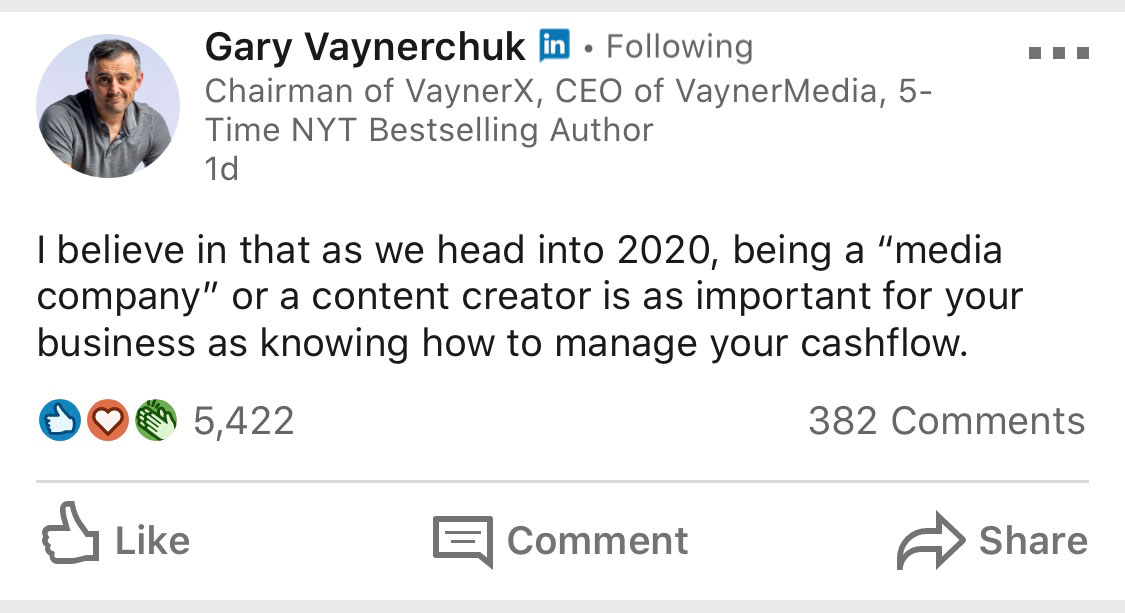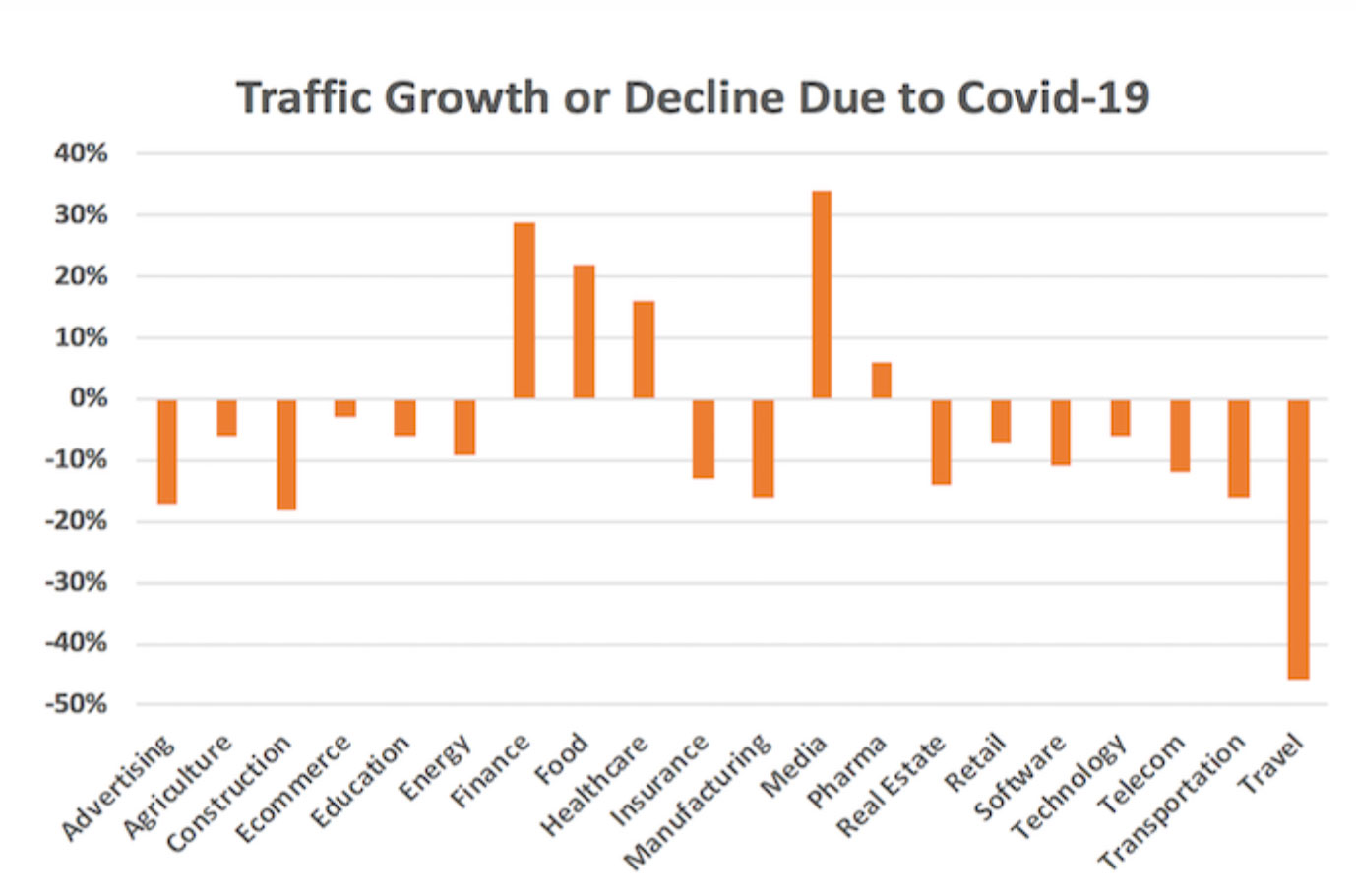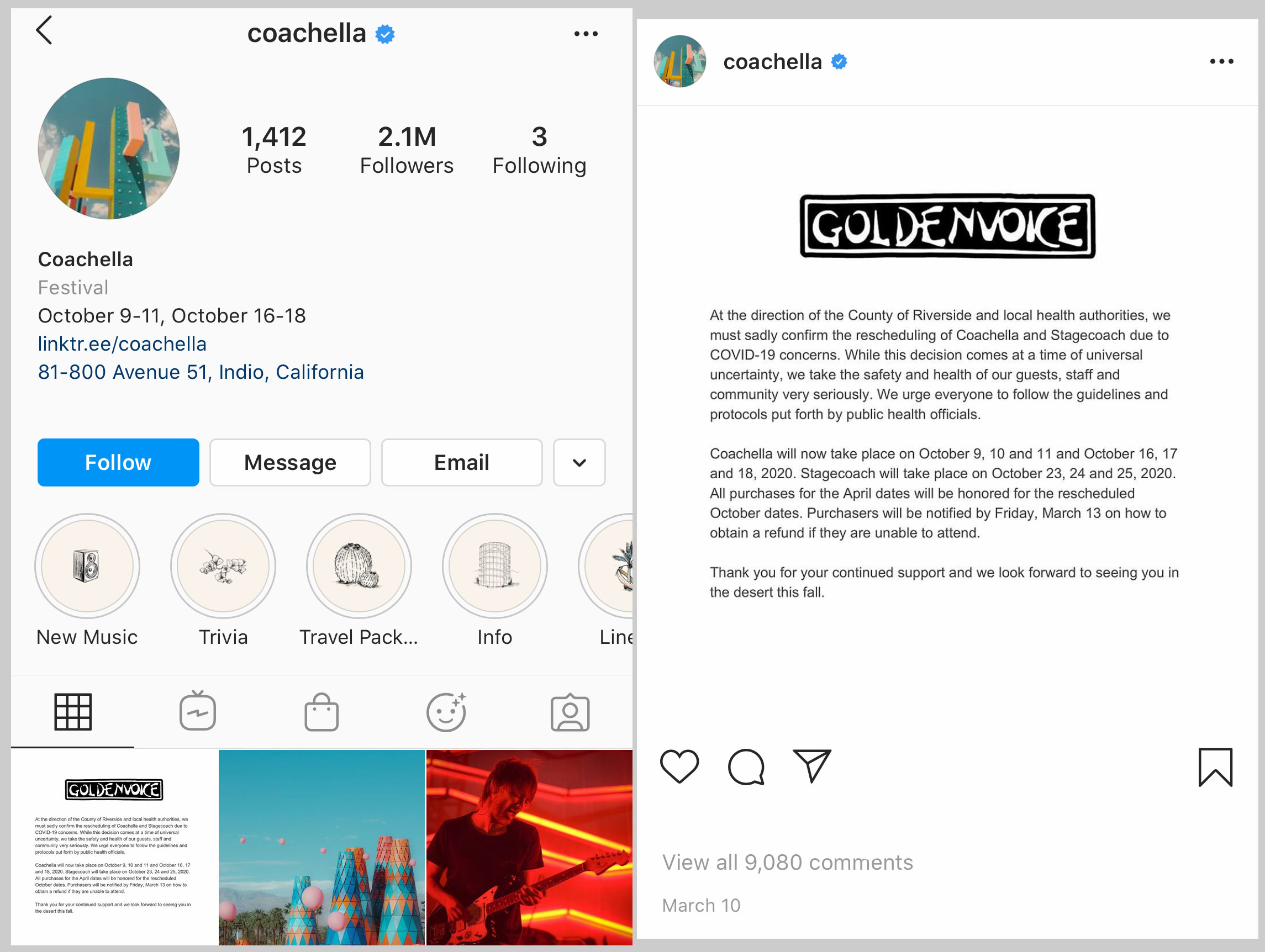Although festival season in not yet in full swing, earlier fests like Coachella, Ultra Music Festival, SXSW and now Bonnaroo have already felt the effects of the coronavirus (COVID-19) and been forced to postpone or worse, cancel.
Your festival may get lucky and go on as planned this year, but the pandemic has given everyone in the event world a harsh reminder of how vulnerable this industry can be to forces beyond our control.
Every festival is one bad weather or one unforeseen incident away from having to cancel their annual event.
While the damage will be different from festival to festival, SXSW have been very open about what having to cancel means for them.

First, they’ve reportedly had to lay off at least 50 of their year-round employees which accounts for about a third of their full-time staff.
Second, co-founder and CEO Roland Swenson gave the number in the tens of millions as a likely financial loss for the organization.
Keep in mind that’s without offering ticket refunds and that this is the first cancellation in the 34 year run of the festival.
In a recent interview with the Wall Street Journal, Swenson stated “We are planning to carry on and do another event in 2021, but how we’re going to do that I’m not entirely sure.”
Just a single year’s cancellation can truly be crippling.
Devastating? No doubt. Unprecedented? Absolutely. But the unexpected is a known risk that every festival producer is aware of. Like it or not, it’s part of the game.
However, where festivals are most exposed is in an area where they do have control over.
The coronavirus has proven that most festivals do not have enough content equity.
You’ll see what I mean by that soon, but it’s important to understand that content IS marketing in the modern world, and it has real value.
If ticket sales are the currency of the physical world, content is the currency of the internet.
Festivals must go beyond social media and do some real content marketing. They must adopt the media company approach to content, because during times like these when your core business is effectively shutdown, your media arm can continue to operate.

I didn’t come up with that, it’s a line from Gary Vaynerchuk.
The coronavirus has made it evidently clear how true this statement is and how important content is for a brand.
The virus has effectively cancelled the physical world, but the internet is alive and well.
So even if the primary source of business is non-functional, brands can still communicate, add value and be relevant to their audience through content.
This is why festivals need to start implementing a media company mentality ASAP.
Social media is not enough. You need to be doing real content marketing and build content equity.
Without blog and YouTube content, you are not leaving searchable content on the internet
Producing good content on a consistent basis is the best marketing strategy for businesses in this generation.
Content marketing is smart because content is the currency of the internet – if you’re not putting out content, you’re not relevant.
– Gary Vaynerchuk
First let’s discuss the difference between social media marketing and content marketing.
In social media marketing, the focus of the marketing activity is located within the social networks themselves.
In contrast, the center of gravity for content marketing is a brand website.
Social networks are vital to the success of content marketing efforts, but here, Facebook, Twitter, and Instagram are used primarily as a distributor of micro-content and links back to the content on your website — not as containers of the content itself.
In content marketing, the context of websites permits much longer forms of content. Brands can publish blog posts, videos, checklists, and how-to guides, just to name a few formats.
The long-from content allows you to add more value whether it be by entertaining, educating, informing or helping, and builds content equity for your brand.
With content marketing, brands model their behavior after that of media publishers.
Why is this so important? Just look at the chart below which compares website traffic from last week to the previous week.

SOURCE: NEIL PATEL
While there are huge drops in many sectors, traffic for media skyrocketed.
Granted most of that traffic is coronavirus news, the important thing to note is that unlike all other industries where products, services and events are the foundation of a business, the core function of a media company is to create content- and content is recession-proof.
The best part is, you can do it yourself. You can be your own media company.
The internet has unleashed a revolutionary ability for every brand to communicate directly with its customers — without the need for a media industry intermediary.
– The Content Marketing Institute
The point is, even if you experience setbacks as far as the actual event is concerned, you need to stay relevant and continue to serve and communicate with your audience.
Coachella, Bonnaroo and Ultra Music Festival were all posting on Instagram almost everyday, but have not put up a single post since their announcement to postpone the event.

Sure, Coachella and Bonnaroo has their dates rescheduled but Ultra may have to cancel entirely. Either way, it’s obvious their content strategy has been disrupted and they are slow to come up with a new plan.
They don’t have enough content equity.
Right now, the world has nothing else to do than to consume content. Are you helping your audience fulfill that need?
With all the noise on social networks, if you’re not putting out content, your competitors are, and you can be certain they are reaching your audience.
So you may now understand the importance of content, but you may also be saying how this is not a good time to spend more or put more into content.
According to master marketer Neil Patel who has gone through two crashes (the dotcom crash in 2000 and the real estate crash in 2008), now is actually the time to double down.
Neil says, “During an economic downturn, you’ll find that you will have less competition, which means it is easier and faster to get results.”
We just showed how Coachella and Ultra are not posting content, which means less competition for you, and a chance for you to gain a bigger marketshare, not just in terms of more visibility for your content but potentially ticket sales as well.
If you are lucky enough to be sitting on some cash during the recession this is the best time to buy out other companies. The ideal ones to buy are media companies.
The more eyeballs you control, the more power you will hold in the future. Plus, by controlling eyeballs, it gives you the ability to sell anything you want in the future.
– Neil Patel
Of course we’re not telling you to buy companies, we’re just really driving the point home on the power of content and the importance of functioning as your own media company.
Most festivals don’t have a running blog or a regularly updated YouTube channel. They also have been posting the same type of content for years. Postponed festivals aren’t even posting. Cancelled fests won’t be able to capture their usual years worth of content. What will they do for the next year in terms of content?
So when you see your competitors closing down or slowing down on their marketing, the goal is to double down. You may not see the biggest return right away, but in the long term, you will.